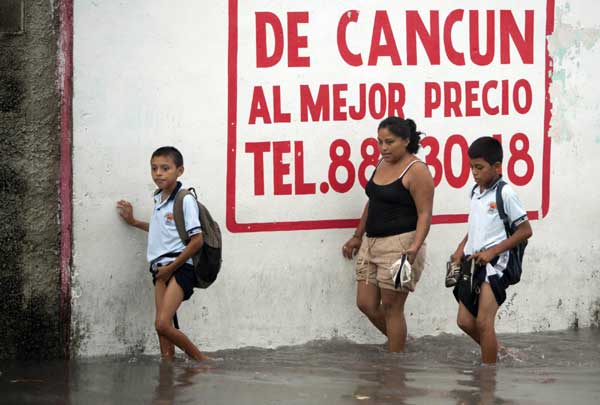Content:
Fishing in landscape fish ponds can be an enjoyable and relaxing activity. These ponds, often adorned with lush greenery and decorative elements, provide a serene environment for anglers to unwind and catch some fish. However, to make the most out of your fishing experience, it is essential to acquire some practical tips and techniques. In this article, we will delve into the world of landscape fish pond fishing and provide you with the necessary guidance to improve your chances of success.
Understand the Pond Environment
Before you begin fishing, it is crucial to familiarize yourself with the landscape fish pond's environment. Observe the water quality, depth, and vegetation. These factors will play a significant role in determining the best techniques and baits to use.
1 Water Quality
Water quality is a critical factor in the success of your fishing trip. Ensure that the pond is well-maintained, with clean and oxygen-rich water. Poor water quality can lead to stressed fish, making them less likely to bite.
2 Depth
Most fish species prefer specific depths, depending on the weather and time of day. Early morning and late evening are typically the best times to fish, as these are when fish are most active. Check the depth of the pond and adjust your bait presentation accordingly.

3 Vegetation
Vegetation in landscape fish ponds can provide cover for fish, making them more likely to strike at a bait. Observe the vegetation and try to present your bait in a way that mimics the natural environment.
Choose the Right Bait
The choice of bait can make or break your fishing experience. When fishing in landscape fish ponds, consider the following baits:
1 Live Bait
Live bait, such as worms, crickets, or minnows, can be highly effective in attracting fish. These baits are particularly useful in murky or stained water, as they are more visible to fish.
2 Artificial Lures
Artificial lures, such as spinnerbaits, jigs, and crankbaits, can be a great alternative to live bait. They come in various colors, sizes, and shapes, allowing you to experiment and find the best lure for the fish in your pond.
3 Natural Baits
Natural baits, such as pieces of bread, cheese, or fruit, can also be effective in landscape fish ponds. These baits are less likely to attract unwanted fish, such as carp or goldfish.
Use the Right Fishing Gear
The choice of fishing gear is essential for a successful fishing trip. Here are some recommendations:
1 Rod and Reel
Choose a rod and reel that suit the fish species in your pond. A medium-action rod with a lightweight reel is generally a good choice for landscape fish pond fishing.
2 Line
Use a monofilament line with a breaking strength that matches the size of the fish you are targeting. A line that is too heavy may spook the fish, while a line that is too light may break when a large fish strikes.
3 Hooks
Select the appropriate hook size for the bait you are using. Hooks that are too small may not hold the bait effectively, while hooks that are too large may spook the fish.
Master the Art of Casting
Casting is a crucial skill in fishing, and it is essential to master it to be successful in landscape fish ponds. Here are some tips:
1 Choose the Right Casting Technique
Select a casting technique that suits your pond's environment and the type of fish you are targeting. Overhand casting is a popular choice for many anglers.
2 Practice Casting
Practice casting to improve your accuracy and distance. The more you practice, the better your casting will become.
3 Avoid Spooking the Fish
When casting, be mindful of your surroundings and the potential to spook the fish. Aim to cast in a way that minimizes splash and noise.
Patience and Persistence
Lastly, remember that fishing is a patient activity. It may take some time to catch a fish, especially in a landscape fish pond where the fish are accustomed to a calm environment. Stay patient and persistent, and you will eventually reap the rewards.
In conclusion, fishing in landscape fish ponds can be a delightful experience with the right tips and techniques. By understanding the pond environment, choosing the appropriate bait and fishing gear, mastering the art of casting, and maintaining patience, you will increase your chances of success. Happy fishing!












